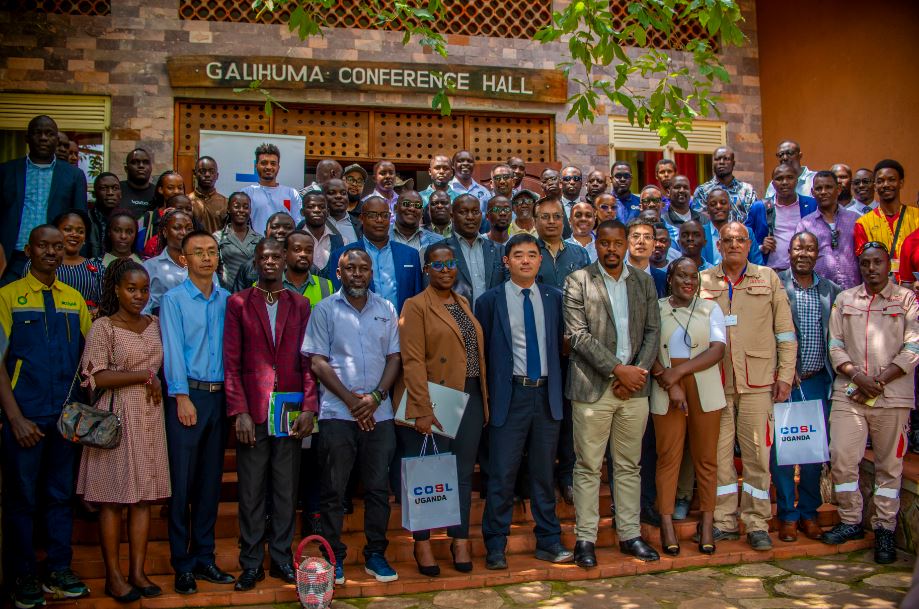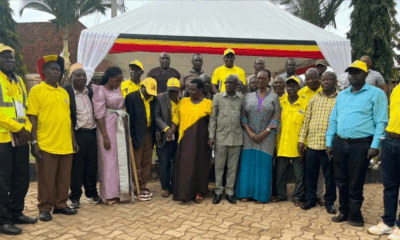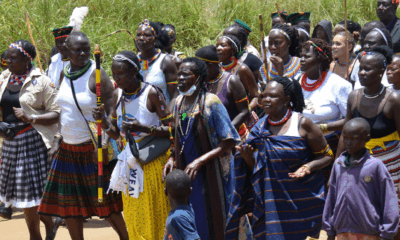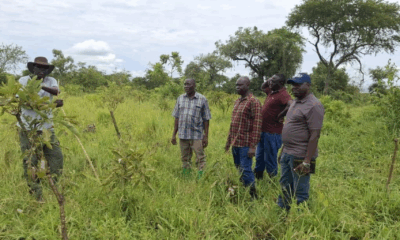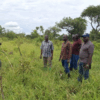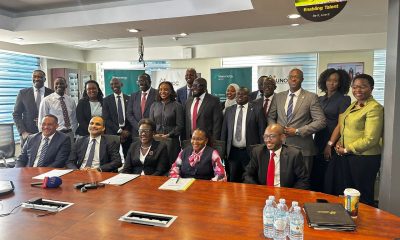Oil and Gas
Ugandan Businesses Urged to Form Joint Ventures to Tap Oil and Gas Boom
The Petroleum Authority of Uganda (PAU) has issued a rallying call to Ugandan businesses to form strategic joint ventures as a key to unlocking opportunities in the country’s rapidly expanding oil and gas sector.
Speaking during a supplier development workshop held in Hoima on Monday, July 14, 2025, Ms. Vivienne Nabbosa, PAU’s National Content Officer in charge of Contracts, urged over 60 participating local firms to embrace collaboration as a way to overcome limitations in financial and technical capacity.
“Where local suppliers lack either technical or financial capacity, Regulation 9(2) of the National Content Regulations encourages them to form joint ventures,” Nabbosa said, referencing the 2016 law governing Uganda’s oil and gas industry.
She emphasised that such partnerships—whether with other Ugandan entities or foreign firms—would foster knowledge transfer, enhance competitiveness, and enable more local firms to qualify for high-value contracts, in line with Uganda’s national content goals.
The workshop, themed “Enhancing the Capacity of Community Suppliers to Meet Industry Standards,” was organised by COSL Uganda SMC Limited, a Tier One contractor for TotalEnergies and CNOOC Uganda. The event served as a key platform for promoting inclusive growth in Uganda’s petroleum supply chain.
Mr. Xia Yu, General Manager of COSL Uganda, reported that the company had already awarded over USD 93.9 million in contracts to 67 Ugandan companies as of June 2025. “Our goal is to deepen local participation and create more opportunities for community enterprises,” he stated, adding that COSL would scale up training, graduate internships, and technology transfer programs in the second half of the year.
Echoing these efforts, Ms. Melidah Mirembe, National Content Coordinator at TotalEnergies E&P Uganda (TEPU), highlighted the expansion of the Community Supplier Development Program (CSDP) into six project districts: Hoima, Buliisa, Kikuube, Masindi, Pakwach, and Nwoya.
“This program is helping suppliers build capacity in Health, Safety and Environment (HSE) systems, regulatory compliance, and sustainability,” she noted.
Despite momentum, foundational gaps still hinder local participation. A recent baseline assessment conducted by E-360 (December 2023–January 2024) revealed that among 1,325 community suppliers:
- Only 13% were registered with the Uganda Registration Services Bureau (URSB),
- Just 14% had acquired a Tax Identification Number (TIN),
- Only 7% were enrolled with the National Social Security Fund (NSSF), and
- A meagre 3% were listed on the National Supplier Database (NSD).
“This data is concerning,” said Ms. Allen Nzira of E-360, which is implementing TEPU’s CSDP. “Without basic compliance, these businesses cannot access the sector’s full potential.”
The program is now working to boost formalisation, training, and market linkages to ensure Ugandan suppliers meet industry standards. While the industry has opened its doors to local enterprises, questions over fair pricing persist.
Mr. James Bukoya, a hotelier from Hoima City, voiced a common concern during the workshop: “The prices being offered are not attractive. As you demand high standards, please also be willing to meet our price expectations.”
His remarks underline a crucial tension in Uganda’s oil journey—raising standards without pricing local businesses out of the game.
The consensus from the workshop was clear: Uganda’s oil and gas sector offers immense promise, but only if local businesses are empowered with the tools, partnerships, and pricing structures necessary to compete.
As Uganda moves closer to becoming an oil-producing nation, joint ventures, institutional compliance, and equitable industry practices will be pivotal in ensuring that Ugandan companies—not just multinationals—reap the benefits of the oil boom.
Comments



